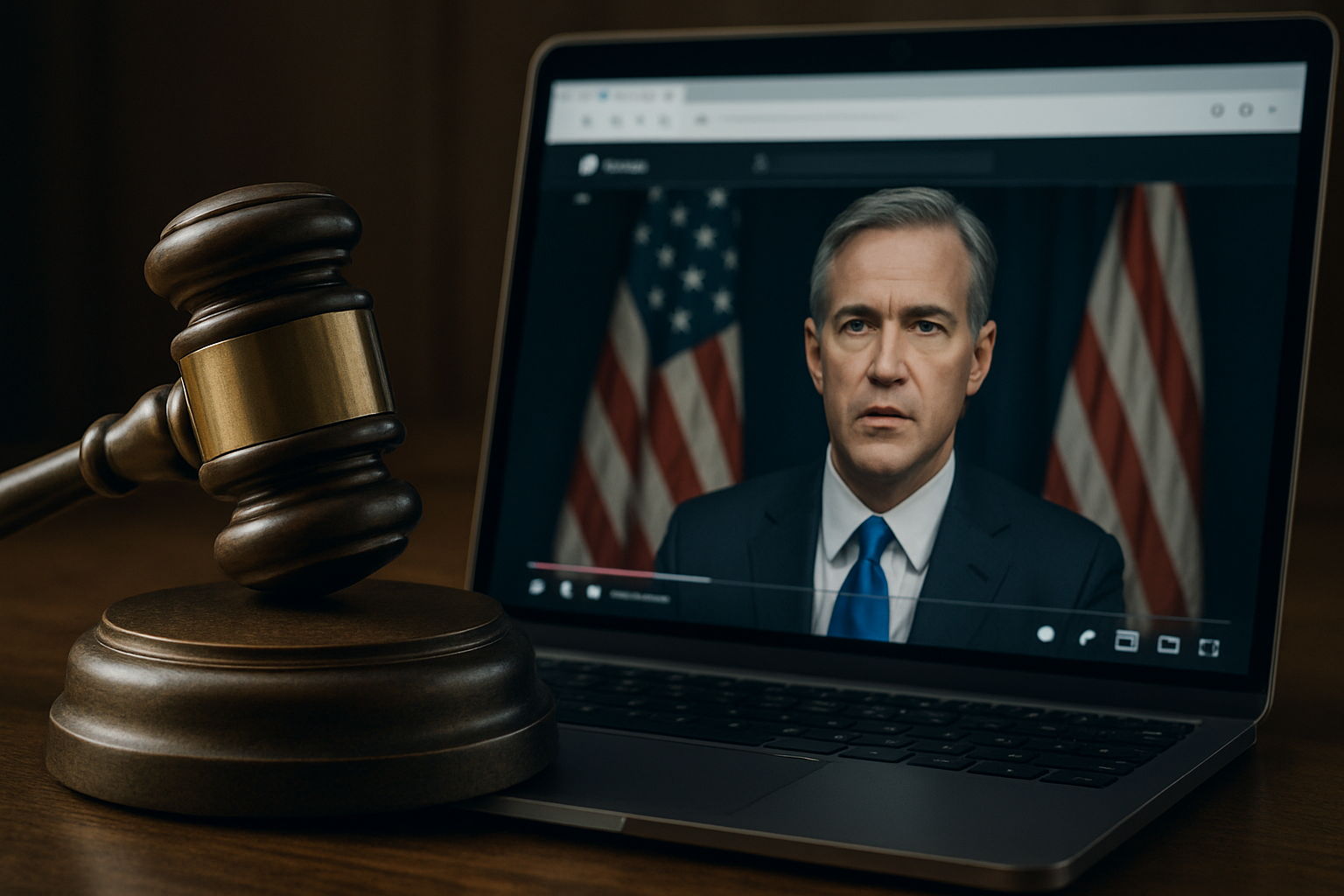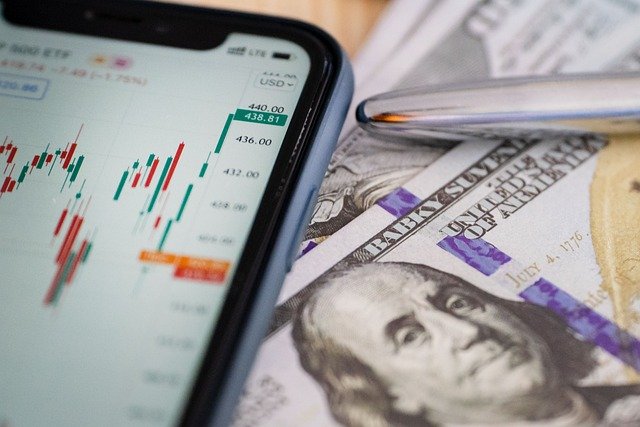The Intricacies of Diplomatic Immunity in Modern Governance
Introduction: Diplomatic immunity, a cornerstone of international relations, continues to evolve in our interconnected world. This article delves into the nuances of this complex legal concept, exploring its historical roots, current applications, and the challenges it presents in contemporary governance.

Historical Foundation of Diplomatic Immunity
The concept of diplomatic immunity dates back to ancient civilizations, with evidence of its practice found in records from ancient India, Greece, and Rome. The idea of granting special protections to envoys and messengers was born out of the practical need to ensure safe passage for those carrying out diplomatic missions. As international relations became more complex, the concept evolved and became more formalized.
The Vienna Convention on Diplomatic Relations of 1961 marked a significant milestone in codifying diplomatic immunity. This treaty, ratified by most nations, established the framework for diplomatic privileges and immunities that we recognize today. It outlined the specific protections afforded to diplomats, including immunity from arrest, detention, and prosecution in the host country.
Scope and Limitations of Diplomatic Immunity
While diplomatic immunity offers broad protections, it is not without limits. The extent of immunity varies depending on the diplomat’s rank and the nature of the alleged offense. Generally, diplomats enjoy full immunity from criminal prosecution and most civil actions. However, this immunity can be waived by the sending state in exceptional circumstances.
It’s important to note that diplomatic immunity does not exempt individuals from the obligation to respect local laws. Diplomats are expected to abide by the regulations of their host country, and serious violations can result in the diplomat being declared persona non grata and expelled from the country. Additionally, immunity typically does not extend to personal business activities unrelated to diplomatic functions.
Challenges in the Modern Era
The application of diplomatic immunity in today’s world presents unique challenges. High-profile cases involving diplomats accused of serious crimes have sparked public outrage and calls for reform. These incidents raise questions about the balance between maintaining international relations and ensuring justice for victims of crimes committed by individuals with diplomatic status.
Another modern challenge is the expansion of diplomatic missions and international organizations. With more individuals qualifying for various levels of immunity, host countries face increasing complexities in law enforcement and judicial proceedings. This expansion has led to debates about potential abuses of diplomatic privileges and the need for clearer guidelines.
Diplomatic Immunity and Cybersecurity
In the digital age, diplomatic immunity has taken on new dimensions in the realm of cybersecurity. Questions have arisen about the extent to which diplomatic immunity applies to electronic communications and data stored on embassy servers. This issue becomes particularly complex when dealing with cyber espionage or cyber attacks allegedly originating from diplomatic missions.
The intersection of diplomatic immunity and cybersecurity also raises concerns about the potential for abuse. Some argue that diplomatic missions could be used as safe havens for cyber operations, shielded from local law enforcement by diplomatic privileges. These concerns have led to discussions about adapting the principles of diplomatic immunity to address the realities of the digital world.
Reform Proposals and International Dialogue
As diplomatic immunity faces new challenges, there have been calls for reform and reevaluation of its application. Some proposals suggest creating a more nuanced system of immunity, with different levels of protection based on the severity of the alleged offense. Others advocate for strengthening mechanisms to waive immunity in cases of serious crimes.
International organizations and diplomatic forums have become platforms for discussing these issues. The United Nations and other bodies have held debates on balancing the need for diplomatic immunity with accountability and justice. While consensus on major reforms remains elusive, there is growing recognition of the need to adapt this centuries-old concept to the realities of the 21st century.
The future of diplomatic immunity will likely involve a delicate balancing act between preserving its essential function in international relations and addressing its potential for misuse. As global governance continues to evolve, so too must the principles that underpin diplomatic interactions between nations. The ongoing dialogue surrounding diplomatic immunity reflects the complex interplay between law, diplomacy, and sovereignty in our increasingly interconnected world.





